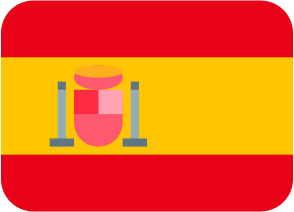How to Balance Money and Life Without Sacrificing Happiness
Practical budgeting, money-management techniques and mindset shifts for sustainable work-life harmony, financial security and lasting well-being

Build a budget that fits your life
Forget rigid spreadsheets that live in the cloud and never get updated. Create a simple monthly plan tied to your paychecks, listing essentials like rent, groceries, utilities, and the savings targets that matter most to you, such as an emergency fund or retirement contributions to a 401(k) or Roth IRA.
Use categories that match how you actually spend. Track variable expenses for a month, adjust realistic limits, and review them the day after each payday. Small, regular tweaks beat giant, unsustainable resolutions.
Protect your time and energy
Money matters are tied to how you spend your hours. Set hard boundaries at work by blocking focus time on your calendar and booking real downtime. Treat those blocks like a bill you must pay; it preserves energy for family, hobbies, and better decision making.
Negotiate where you can and learn the power of saying no to low-value tasks. Use vacation days and sick leave. Rest isn’t indulgence, it’s productivity insurance that helps you avoid expensive burnout.
Automate your money, free your headspace
Automation reduces decision fatigue and keeps you moving toward goals without constant willpower. Direct deposit allocations, automated transfers to savings, scheduled payments for credit card bills, and automatic contributions to retirement accounts protect your credit score and lower stress.
Set up an emergency fund that builds itself after each paycheck, and consider rounding up apps or micro-investing for incidental growth. When routine cash flow runs on autopilot, you get to spend mental energy on what truly matters.
Shift your mindset for long-term balance
Balance isn’t a 50/50 split each day. It’s a rhythm across weeks and months. Prioritize financial security by eliminating high-interest credit first, then layer in experiences and goals that bring real happiness. Think of money as a tool to buy options, not constant validation.
Start with one simple action this week: track one paycheck, move a small amount into savings, or set a single boundary at work. Small consistent moves compound into financial stability and more time for what you love. Commit to progress, not perfection, and review your plan quarterly to keep your money serving your life.






























